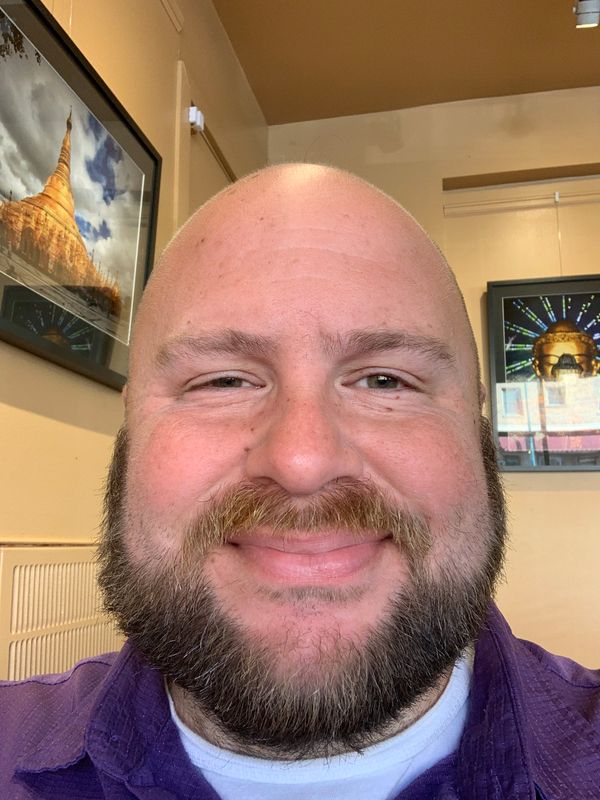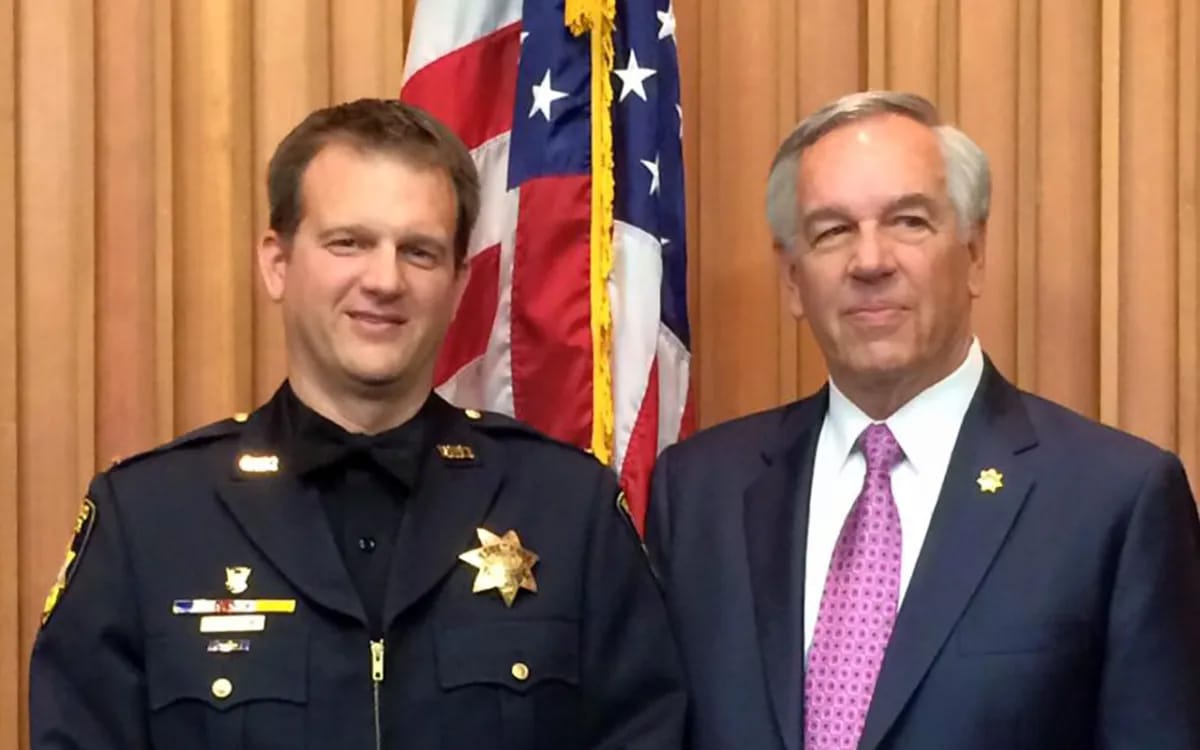VALLEJO – A Vermont man has filed a legal challenge in an effort to overturn a recent appeals court decision which rejected a claim that the man’s 4th Amendment rights were violated when he was asked to produce his driver’s license at a 2014 drunk driving checkpoint in Vallejo.
The appeal was filed after a three-judge panel of the 9th Circuit Court of Appeals ruled that Vallejo police did not violate the man’s Constitutionally protected right against unreasonable search and seizure by forcibly arresting him after he declined to produce his license.
David Demarest is now seeking an “en banc” review, in which a larger panel of 11 judges with the Ninth Circuit would rule on the case.
The American Civil Liberties Union (ACLU) of Northern California, the National Association of Criminal Defense Lawyers, and Secure Justice, a non-profit which advocates against state abuse of power, all filed a brief in support of Demarest.
Demarest’s legal team has expanded to include Orin Kerr, a Fourth Amendment expert and professor of law at the University of California Berkeley School of Law. Orin joins Demarest’s original lawyer, San Francisco-based attorney David M. Helbraun.
The lawyers argued that the three-judge panel’s ruling “is irreconcilable” with prior rulings from the U.S. Supreme Court and 9th and 4th Circuits.
“Those cases hold that reasonable suspicion ‘is a constitutional prerequisite’ for an order to provide identification ‘by threat of criminal sanction,’ and that an arrest for failure to provide identification without prior reasonable suspicion is therefore unconstitutional,” Demarest’s attorneys wrote in his appeal.
Demarest’s legal team further alleges that the 9th Circuit panel’s ruling “affects the rights of millions of drivers in California and around the United States.”
“Under the panel’s ruling, a California officer can arrest an innocent driver for failure to produce his license in the absence of suspicion—even when, as here, the officer has no interest in checking if the license is valid,” Demarest’s appeal states. “An innocent driver who has a valid license, but who declines to comply with the order because he believes the law does not require him to comply, can be forcibly arrested and placed in jail absent any suspicion.”
The incident happened while Demarest was visiting the west coast in late summer 2014. During the visit, he bought a boat in the state of Washington and sailed to Vallejo. While on his way to Oakland in a rental car, Demarest was stopped at a DUI checkpoint near the intersection of Sonoma Boulevard and Solano Avenue.
At the checkpoint, Demarest spoke to Officer Jodi Brown, who asked him to produce his driver’s license.
Instead of giving Brown his license, Demarest asked her if she had any cause or reasonable suspicion to stop him. Brown ignored the question and told Demarest that if he did not hand over his driver’s license, he would be arrested. Demarest declined and Brown arrested him.
Demarest sued the city, arguing that when he refused to produce his driver’s license Officer Jodi Brown violated his 4th Amendment rights and engaged in excessive force when she forcibly removed him from his vehicle and detained him.
But the 9th Circuit panel court rejected Demarest’s arguments, stating that Brown’s actions were reasonable.
“We conclude that, once Demarest refused to produce his license for examination at the checkpoint, Officer Brown had probable cause to believe that Demarest was committing an offense in violation of [the] California Vehicle Code, and his continued detention and arrest were therefore reasonable under the Fourth Amendment,” the panel wrote.
The supporting brief by the civil rights organizations argues the panel erred when it reached its August decision by systematically expanding “the scope of privacy intrusions whenever courts might conceive of a valid purpose.”
“This was a dangerous mistake,” the brief stated. “Traffic stops are too often deadly encounters, particularly for people of color. To allow their expansion for no reason, or worse, for unlawful ones, risks community safety to no end.”
The brief also said Vallejo, with its “nefarious history of violence against community,” is an illustrative case.
“Though the Petitioner merely asked questions consistent with his rights under the Fourth Amendment, an officer forcibly pulled him from his car and handcuffed him,” it adds. “If a needless ID check can so escalate in the case of a calm, sober driver whom the police perceived as no threat, it is not difficult to imagine what might happen in other circumstances.”
It remains unclear if the 9th Circuit will reconsider the case. If it upholds the panel’s ruling, the case could be appealed to the Supreme Court.
Before you go...
It’s expensive to produce the kind of high-quality journalism we do at the Vallejo Sun. And we rely on reader support so we can keep publishing.
If you enjoy our regular beat reporting, in-depth investigations, and deep-dive podcast episodes, chip in so we can keep doing this work and bringing you the journalism you rely on.
Click here to become a sustaining member of our newsroom.
THE VALLEJO SUN NEWSLETTER
Investigative reporting, regular updates, events and more
- policing
- courts
- Vallejo
- Vallejo Police Department
- Jodi Brown
- 9th Circuit Court of Appeals
- David Demarest
- American Civil Liberties Union
- National Association of Criminal Defense Lawyers
- Secure Justice
- Orin Kerr
- David Helbraun
- U.S. Supreme Court

John Glidden
John Glidden worked as a journalist covering the city of Vallejo for more than 10 years. He left journalism in 2023 and currently works in the office of Solano County Supervisor Monica Brown.
follow me :




